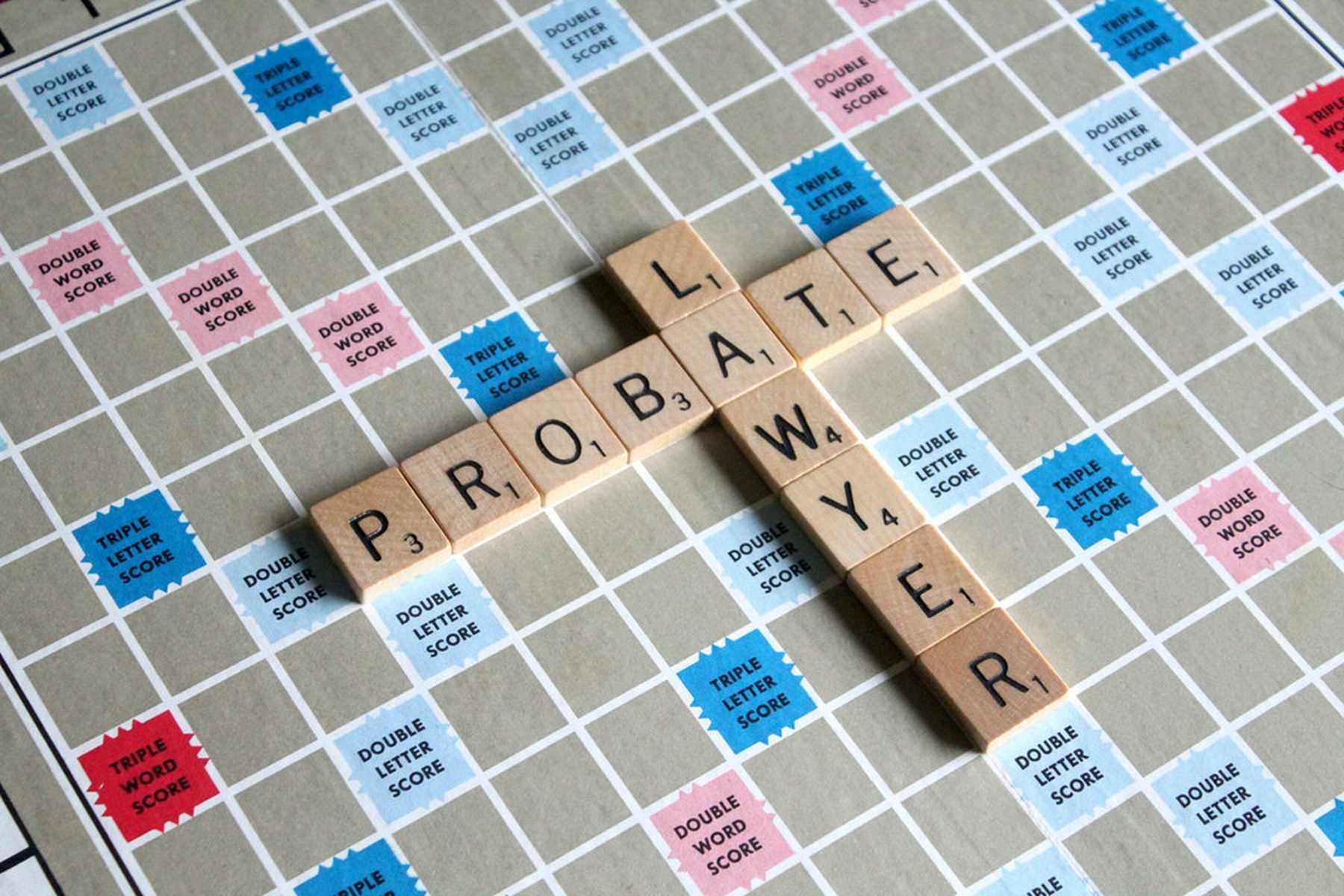What is Probate? Everything You Need to Know

None of us want to think about losing loved ones or enjoy planning for our own end-of-life processes. Unfortunately, it's something we'll all have to face at one time or another, no matter what.
Getting high-quality probate litigation in Melbourne, Florida can help ease the pain after losing a loved one. We can't reduce your grief, but we can take some of the pressure of probating an estate off your shoulders.
Want to learn about the process? Read below.
The Definition of Probate
As with anything, there are slight variations to the definition depending on what source you use. But in layman's terms, probate is the process of authenticating someone's will and appropriately dispersing their belongings.
The higher number of valuable things the deceased person has, the longer the probate process can take. The best way to avoid a long and expensive probate process is to encourage your loved ones to create an in-depth last will and testament with clear directions for property handling.
If someone passes without an in-depth will, then there are complex methods a lawyer goes through to ensure each descendant gets a fair share. Using a probate attorney will ensure you have the legal rights to whatever property you end up with.
What Does Probate Litigation in Melbourne, Florida Look Like?
There are a few steps to probating an estate. First, the will must be legally authenticated, and in some cases, proven in court.
Then, an executor is appointed from the will or determined by friends and family. This is the "go-to" person who will work with a probate attorney while administering the will.
Next, the executor must find the descendants and alert them to their rights. This is what you've seen in TV shows when they show someone reading the will to the immediate family.
If the deceased has an in-depth and up-to-date will with clear instructions, the process will a lot faster. Many descendants start their wills after being part of a long probate process, to prevent subjecting their own family to the same ordeal.
Debts
Have you ever wondered what happens to your debts when you die? They don't just go away. Some people have funds built into their will and testament to pay off remaining debts.
If not, the will beneficiaries and creditors must be paid by the executor, with funds from the estate in question.
On that same note, the executor (or their attorney) will be in charge of filing final tax returns, dealing with property taxes, and other bureaucratic processes.
Administering the Will and Distributing the Estate
Once all the above processes are taken care of, the executor and their legal team can begin to distribute items from the estate. If things are bequeathed to minors, a trust will need to be put in place for them to access in the future.
Getting Help With Probate Litigation
As you can see above, filing probate and administering a will is not a quick process. Doing it on your own will result in potentially costly mistakes and increased levels of stress in this dark time.
The best course of action is to find probate litigation in Melbourne, Florida that you can count on. We'd like to be that firm for you. Contact us here.
You might also like




